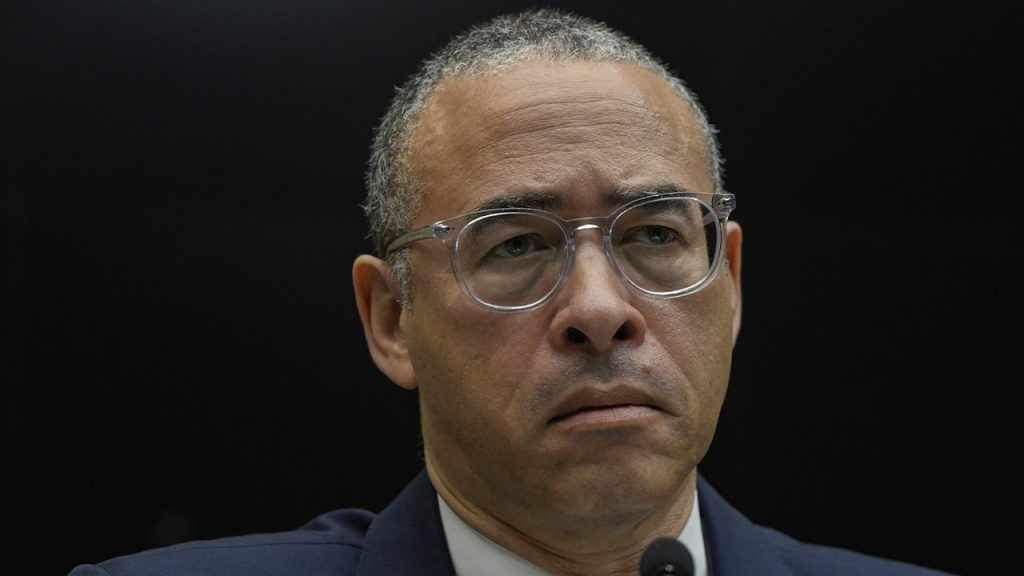Jonathan Holloway, the first Black president of Rutgers University, has announced that he will be stepping down at the end of the academic year. His tenure, which began in the summer of 2020, was marked by challenges such as the COVID-19 pandemic and pro-Palestinian protests and encampments on campus. Holloway plans to take a year-long sabbatical before returning to the university as a full-time professor. In a statement posted on the university’s website, he explained that the decision to step down was his own and reflected his own contemplation on how best to be of service.
During his time as president, Holloway faced criticism for the university’s handling of various issues, including the COVID-19 pandemic and the Israel-Hamas war, as well as anti-Israel protests on campus. Holloway implemented mandatory vaccination requirements for students and brought them back to campus after a period of remote learning. However, there were concerns raised by Jewish students who felt that campus leadership did not adequately address antisemitic behavior during the protests. One student shared with Fox News Digital that Jewish students were left to deal with the situation on their own after the administration reportedly left them in a vulnerable position.
Following Holloway’s announcement, Rep. Virginia Foxx of the congressional Education and Workforce Committee criticized his legacy, accusing him of empowering antisemites and terrorist sympathizers. Foxx called on Holloway to take action in his final year at Rutgers to address these concerns, including closing the Center for Security, Race, and Rights, enforcing rules, and enacting policies to protect Jewish students and faculty. Holloway has not yet announced who will succeed him as president of the university, but he expressed confidence in Rutgers’ future and its continued growth and success.
The departure of Jonathan Holloway as president of Rutgers University comes at a time when several other universities have faced similar challenges related to pro-Palestinian protests and antisemitism on campus. This includes Columbia University, whose president recently resigned amid mounting pressure over his handling of anti-Israel protests. The incidents at Rutgers and other universities have raised questions about how university leaders should respond to such conflicts and ensure the safety and well-being of all students, regardless of their political or religious beliefs. It remains to be seen how Rutgers will address these issues moving forward.
In the wake of Holloway’s announcement, concerns have been raised about the impact of his leadership on the reputation and values of Rutgers University. Some believe that Holloway’s actions have emboldened those who hold antisemitic or terrorist sympathies, while others may defend his decisions as a response to complex and challenging circumstances. As the university prepares for a transition in leadership, there is an opportunity to reevaluate policies and practices to ensure that all students feel safe and supported on campus. The incoming president will face the task of addressing these concerns and working to create a more inclusive and respectful campus environment.
Rutgers University has yet to announce who will succeed Jonathan Holloway as president, but the university has expressed confidence in its future and continued success. The challenges faced by Holloway during his tenure have raised important questions about how universities should navigate conflicts related to political and social issues, and the need to protect the rights and well-being of all students. As Rutgers prepares for a new chapter in its leadership, there is an opportunity to address concerns raised by students and community members and work towards a more inclusive and respectful campus environment. Holloway’s legacy at Rutgers will be shaped by how the university addresses these challenges in the years to come.














